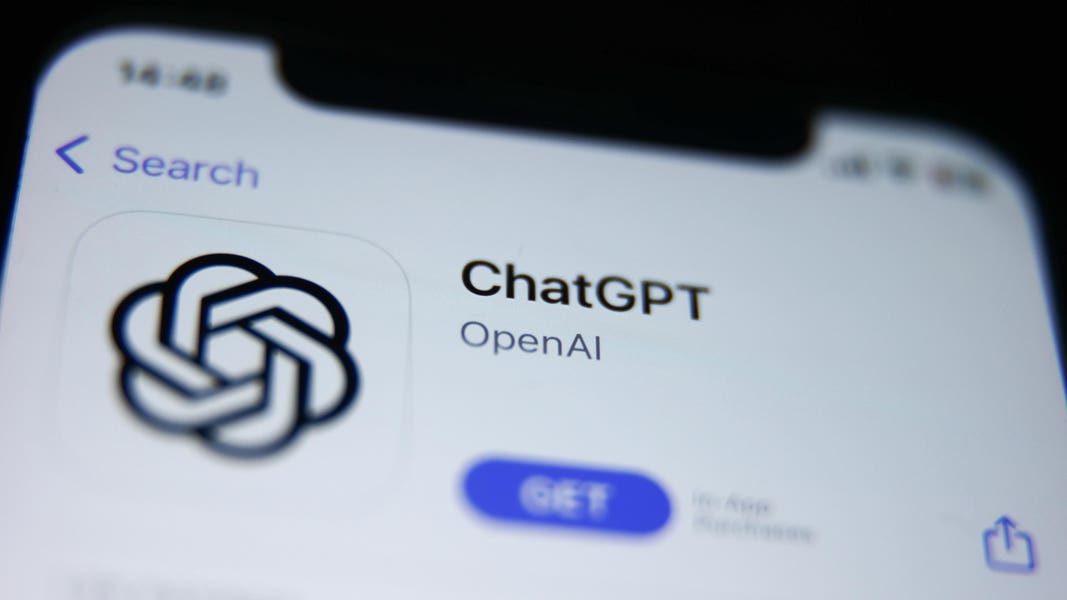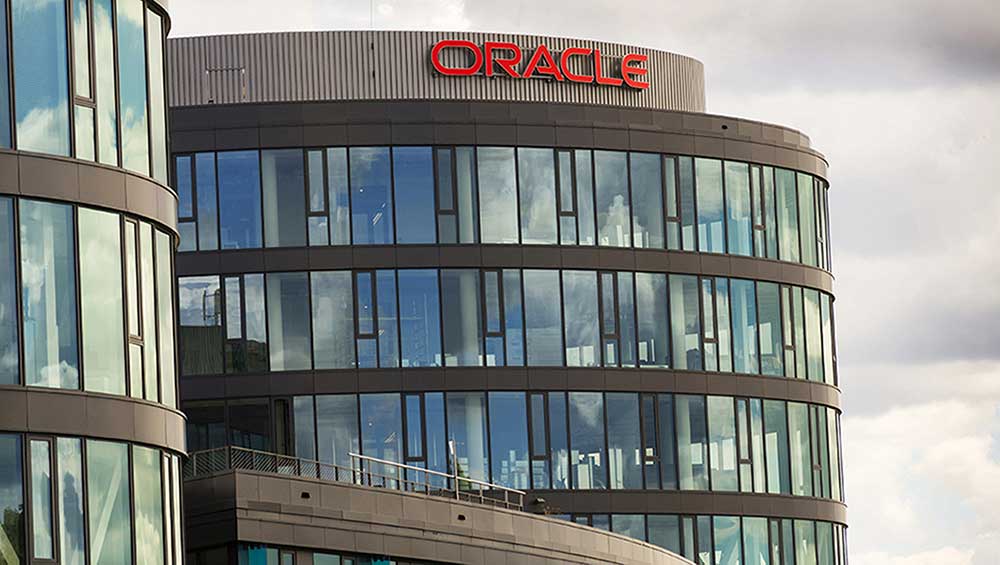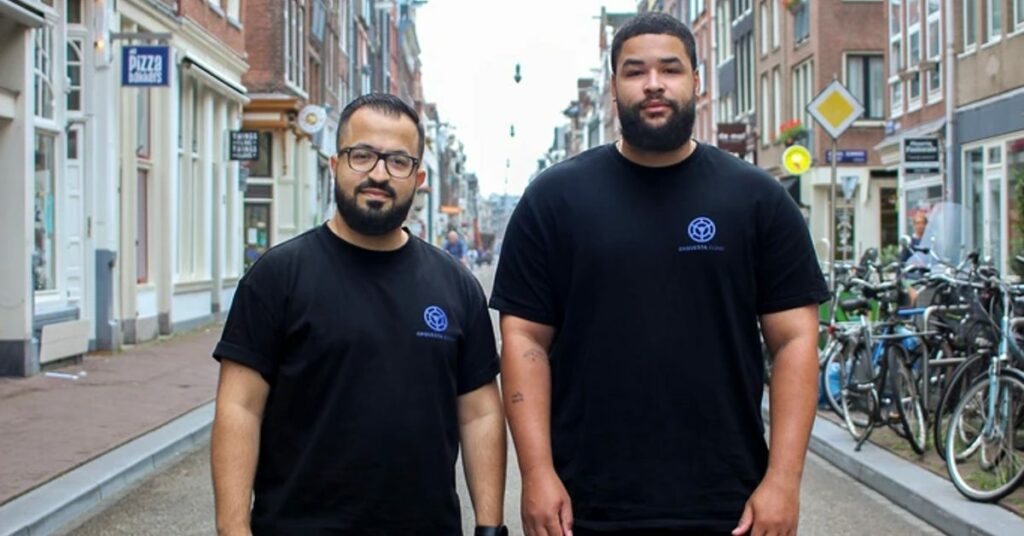From individuals who create content through blogs, videos, podcasts, and social media to those who hold influence over digital platforms, content creators play a significant role in shaping the narratives that define our cultural landscape. Yet, a pressing question arises: what impact will artificial intelligence (AI) have on social media content creators?
The integration of AI can be viewed as both a threat and a valuable ally. This piece explores how AI is transforming the role of content creators, drawing insights from personal experiences overseeing a company that invests in social media creators.
Leveraging AI for Streamlining Routine Content Creation Tasks
AI’s most notable contribution lies in its capacity to automate mundane tasks that consume creators’ time and resources. AI-driven tools have the capability to streamline processes like research, data analysis, and content production, enabling creators to dedicate their efforts to more imaginative pursuits. Tools such as ChatGPT facilitate tasks ranging from generating topic ideas to conducting keyword research and optimizing SEO, empowering creators to work more efficiently and productively.
Harnessing AI for Generating Fresh Content
The advent of AI-powered content creation tools has democratized the content production landscape, making it more accessible and cost-effective for creators from diverse backgrounds. Whether it’s image production using Midjourney, voice replication using ElevenLabs, video repurposing using Opus Clip, or language dubbing using Papercup, AI tools automate labor-intensive tasks, enabling creators to generate a higher volume of top-tier content in less time.
Utilizing AI for Inspiring Innovative Ideas
AI tools play a pivotal role in sparking creativity by assisting in tasks like music composition, digital artwork design, and narrative creation. By analyzing extensive data on trending topics, audience preferences, and successful content formats, AI aids creators in brainstorming fresh content ideas aligned with current trends and high engagement potential.
However, the fusion of art and technology raises concerns regarding authenticity and originality. While AI-generated artwork may be visually captivating, critics question whether it possesses the soul and emotional depth characteristic of human-created art. The debate surrounding the value and authenticity of AI-generated art underscores broader discussions on technology’s influence on cultural production and identity.
Optimizing Content Performance with AI
AI algorithms excel in analyzing vast datasets to extract actionable insights that inform content optimization strategies. From A/B testing headlines to predicting virality and conducting audience sentiment analysis, AI-powered analytics tools like YouTube’s A/B thumbnail testing tool offer creators real-time feedback on their content performance. By leveraging these insights, creators refine their content strategies and messaging.
Addressing Competition from Virtual Influencers
The emergence of virtual influencers presents a unique challenge to traditional content creators. Despite appearing novel, virtual influencers like Lil Miquela and Shudu Gram have garnered millions of followers on various social media platforms.
For content creators, the rise of virtual influencers poses multifaceted threats to their influence and livelihoods, particularly as brands increasingly engage virtual influencers for marketing campaigns. By sharing authentic experiences and engaging genuinely with their audience, creators can cultivate trust and credibility, setting themselves apart from virtual counterparts.
Exploring the Ethical and Societal Implications of AI in Content Creation
While AI’s integration in content creation offers unparalleled opportunities, it also raises ethical and societal concerns that demand attention. Issues such as algorithmic bias, data privacy, and intellectual property rights necessitate careful consideration to ensure responsible and ethical deployment of AI technologies.
Creators must remain vigilant in safeguarding their content’s integrity and upholding ethical standards in their creative endeavors, even as they embrace AI-driven tools and platforms.
As we navigate this transformative phase, the coexistence of AI and human creativity will undoubtedly shape the future of content creation. Rather than replacing content creators, AI is poised to serve as a valuable collaborator, automating tasks, fostering creativity, and offering data-driven insights.










